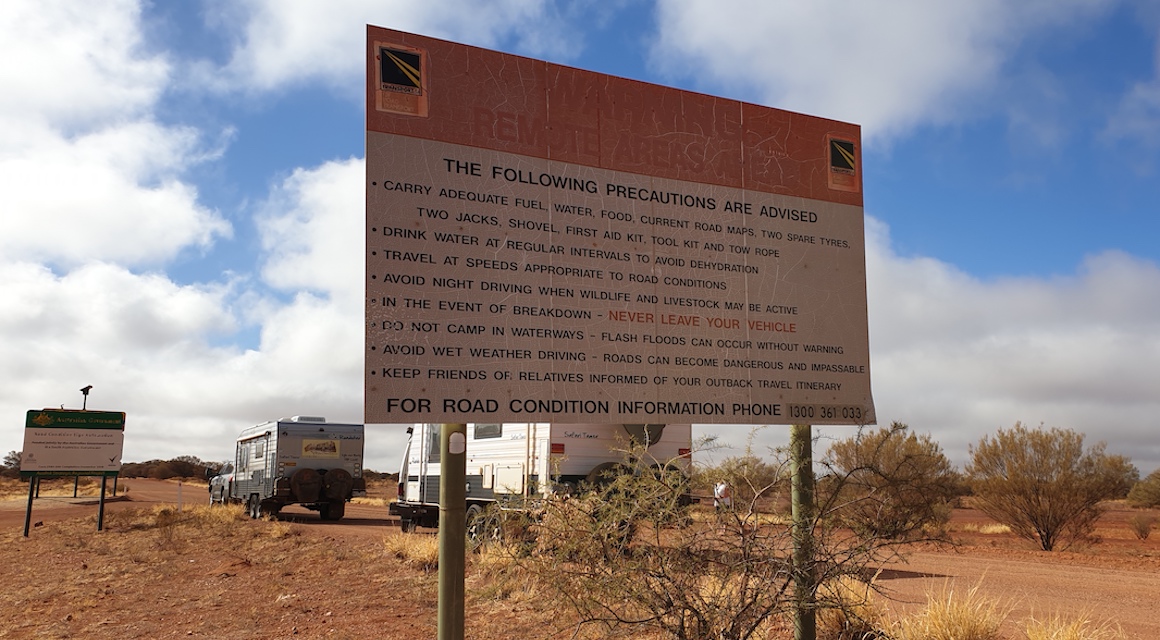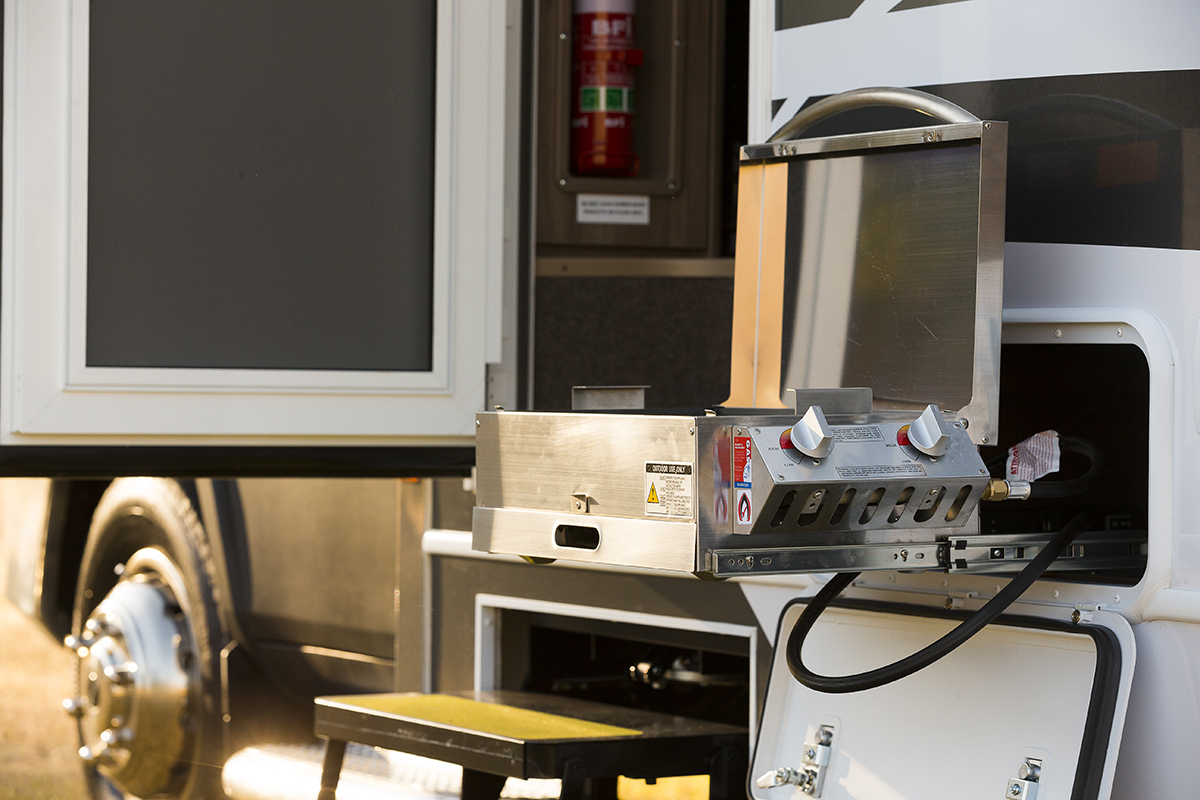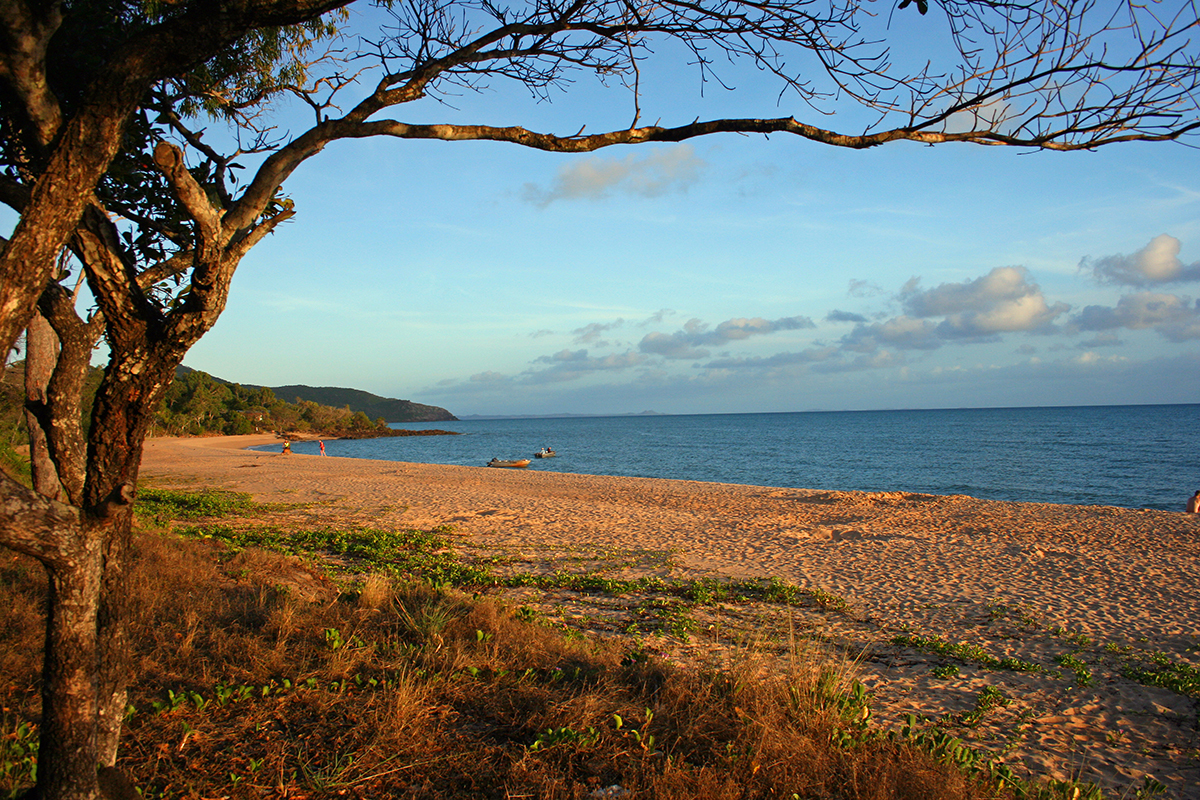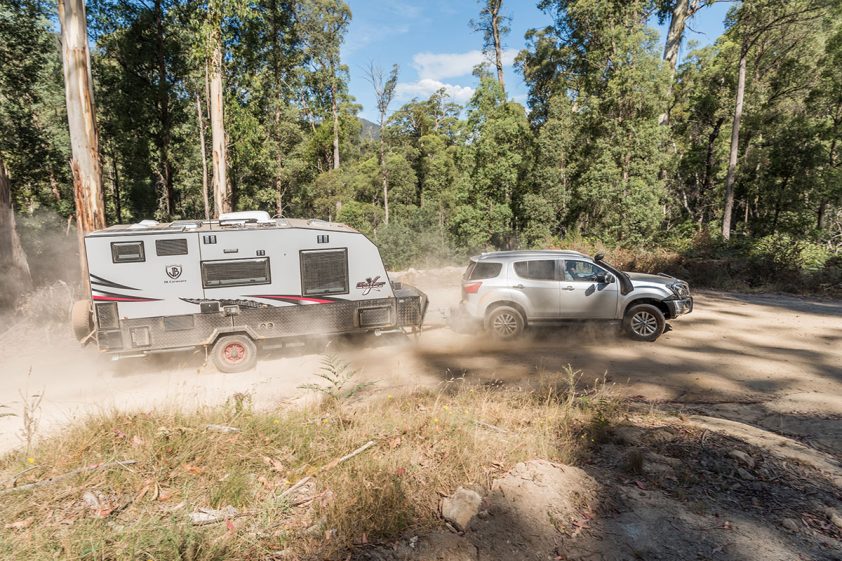The reality is that when you’re on the road, disaster can strike. The longer you spend out there, the greater the chances that something will eventually go wrong, whether it’s a health emergency, a mechanical failure, or worse.
The potential for something to go wrong shouldn’t stop you from living the dream, of course. Rather, it’s a reminder that you need to be prepared. In this article, we’ll look at some of the key things to consider when getting ready for a trip, so that you have the ability to tackle any problem that the open road might throw at you.
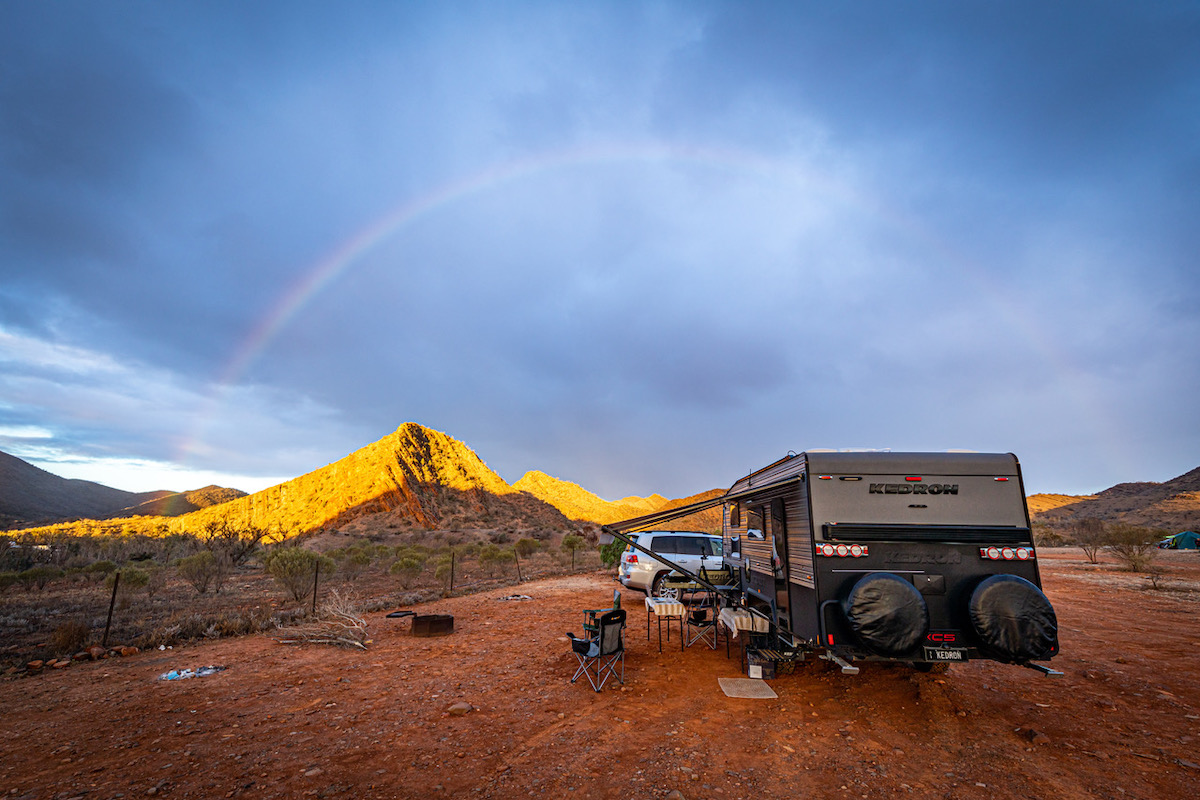
FIRST AID
Outside of the major cities and regional centres, emergency medical help could be hours away. It’s not hyperbole to say that you will likely be on your own for quite some time. Therefore, you need to be equipped to handle a medical situation, both in terms of your skill set and a well-stocked first aid kit.
Undergoing an accredited first aid course should be one of your first tasks. Aside from giving you an understanding of how to treat various wounds, burns, infection control procedures – and much more – you’ll develop an appreciation of the need to carry the first aid supplies you’ll need.
Should disaster strike – whether it be a snake bite (a very real possibility), serious burn or even a bone fracture – you’ll be in a much better position to handle things properly until you can get yourself or your ‘patient’ to a doctor or hospital.
If you take only one thing from this article, let it be the importance of first aid.
CAN YOU CHANGE A TYRE?
Serious question: could you change a tyre on your van or vehicle? It seems like such a basic question, but I know of at least three people in my life who wouldn’t be able to handle this essential task. It also stands to reason that if you don’t have the fundamental ability to swap a tyre on the side of the road, you wouldn’t have the skills to perform other mechanical repairs.
So if the answer is no, my next point is of crucial importance. Do not hit the road without first ensuring you have a roadside assistance policy with which you are comfortable.
If your van or vehicle have to be placed on the back of a truck, you want that cost covered. Opt for the insurance provider’s maximum kilometre allowance.
Even modern vehicles are susceptible to breaking down. Think about it: the vehicle might be towing 3000kg (or more), be packed to the gunwales with gear and passengers, hauling that load in 40-degree heat. Such conditions could potentially get the better of the most fastidiously maintained rig.
A dose of bad fuel from an outback servo is another way to lay up your rig. Without quality roadside coverage and insurance, you will quickly find yourself up a certain creek without a paddle.
REMOTE COMMUNICATIONS
The above two points – emergency medical care and roadside assistance – implicitly require a means to communicate. Never rely on your mobile phone.
Fortunately, there are plenty of good options available. The best, but most expensive, is a satellite phone. A good one will set you back about $1500, and there are ongoing airtime plans involved. Another option is to look into satellite messengers, devices that allow you to send and receive SMS messages from your normal smartphone. They have some limitations – the inability to actually phone someone being the main one – but they usually have built-in SOS functionality, allowing you to summon the cavalry at the push of a button. Like with smartphones, ongoing subscription fees apply, but the device itself will be much cheaper than a satellite phone.
Having said that, it’s worth nothing that in Australia, calls to Triple Zero are free and must be able to be made from any mobile phone in range of its network, regardless of whether the phone has an active SIM card. This also applies to satphones, so as long as the phone is charged and can connect to its particular satellite network, you can phone Triple Zero.
However, be aware that running out of fuel or experiencing a mechanical breakdown really doesn’t constitute an emergency that warrants phoning Triple Zero.

OTHER FACTORS TO CONSIDER
If you have satisfactorily addressed the above – first aid, roadside assistance and communications – you are well on your way to be prepared for whatever the open road might bring.
There are, however, plenty of other considerations. Fire is a big one. A minor fire, perhaps caused by a small electrical fault, can escalate unless you bring it under control quickly. This means having an approved fire extinguisher at hand – as well as a fire blanket.
Your van should be fitted with a smoke detector. If it isn’t, you can pick one up cheaply at a hardware store, etc., and fit it yourself. Strongly consider fitting a carbon monoxide detector as well.
Before departing, really think about your unique circumstances. Are you taking prescription medications? If so, do you have enough to see you through, or do you have a plan on how to fill out prescription on the road?
What about emergency funds? It would be a good idea to be able to draw upon a reasonable amount of money, should the need arise.
Finally, when you’re on the road, always be ready to lend a helping hand – you never know when you will need the favour repaid.
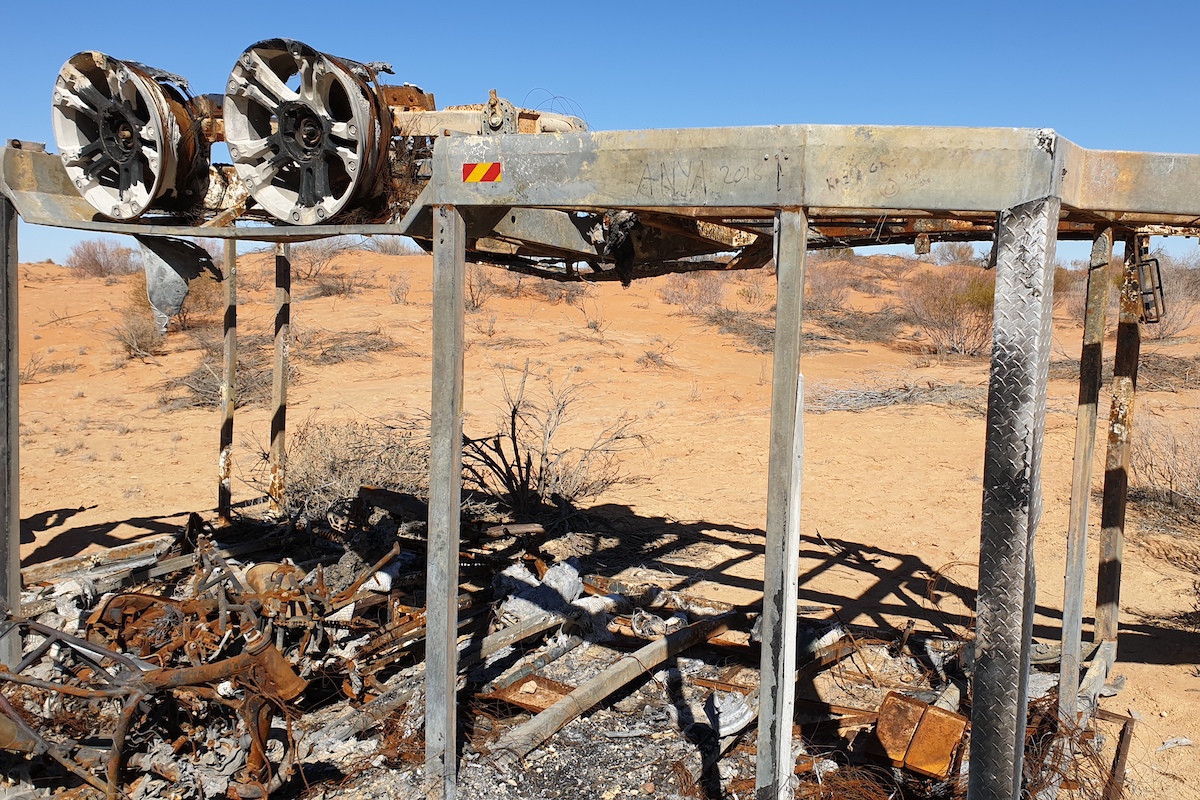
MEET THE AUTHOR

Max Taylor
Max Taylor has been caravanning since he was a kid and was the editor of some of Australia’s most well-known RV publications for almost 10 years.

